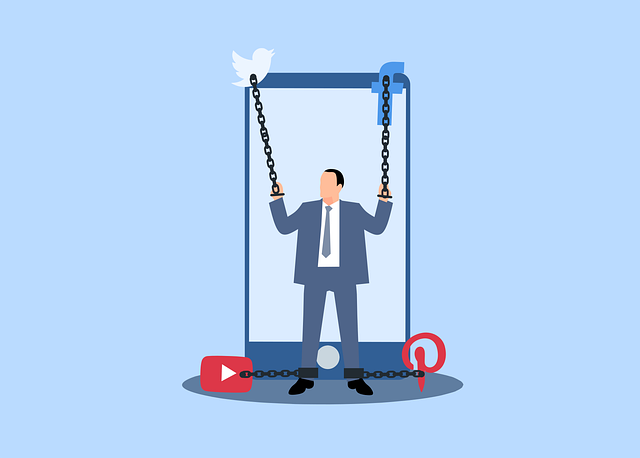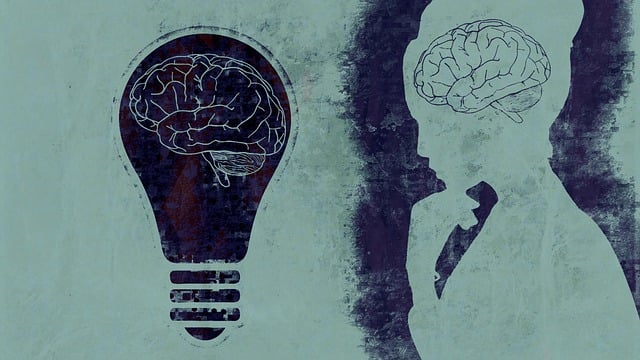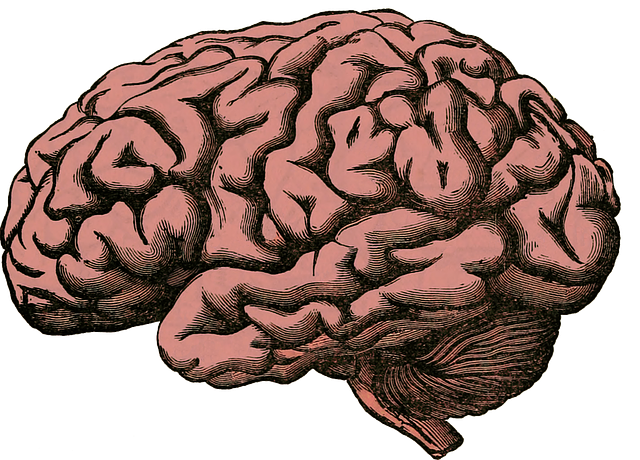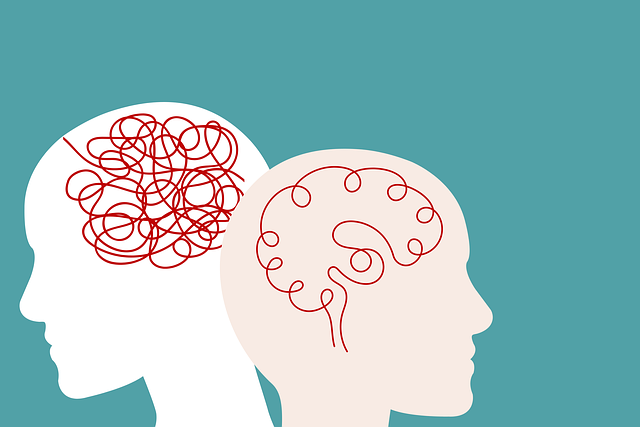Louisville Codependency Therapy offers a comprehensive approach to managing anxiety, addressing underlying codependency issues and cultural sensitivities. Through holistic methods including Cognitive Behavioral Techniques (CBT), lifestyle changes, and burnout prevention strategies, they foster trust, inner strength, and long-term emotional well-being. Community outreach programs and trauma support services complement this tailored care, empowering individuals to overcome anxiety for good.
Anxiety is a prevalent condition affecting millions, yet managing it effectively remains a challenge. This comprehensive guide explores various techniques to combat anxiety, from understanding its triggers to adopting holistic approaches like Louisville Codependency Therapy. We delve into evidence-based methods such as cognitive behavioral therapy and highlight lifestyle changes that foster daily resilience against anxiety. By combining these strategies, individuals can take control of their mental health and enhance overall well-being.
- Understanding Anxiety: Unraveling Common Triggers and Symptoms
- Louisville Codependency Therapy: A Holistic Approach to Managing Anxiety
- Cognitive Behavioral Techniques for Overcoming Anxiety Disorders
- Lifestyle Changes and Self-Care Strategies for Daily Anxiety Management
Understanding Anxiety: Unraveling Common Triggers and Symptoms

Anxiety is a complex emotion that can significantly impact daily life, affecting millions worldwide. Understanding this condition is the first step towards managing it effectively. Common triggers for anxiety include stressful life events, such as financial difficulties or major life changes, while symptoms can range from physical (like increased heart rate and fatigue) to psychological (including persistent worry and fear). Louisville Codependency Therapy recognizes that addressing these triggers and symptoms requires a holistic approach tailored to each individual’s unique experience.
Cultural sensitivity in mental healthcare practice plays a crucial role in this process, ensuring that treatment methods are adaptable to diverse backgrounds and beliefs. By integrating cultural awareness, therapists can foster trust and promote inner strength development, which is essential for long-term management of anxiety disorders. Additionally, burnout prevention strategies are vital to supporting individuals in their journey towards better mental health, enabling them to cultivate resilience and navigate life’s challenges with renewed energy.
Louisville Codependency Therapy: A Holistic Approach to Managing Anxiety

Louisville Codependency Therapy offers a unique and holistic approach to managing anxiety, focusing on the interconnectedness of an individual’s mental, emotional, and physical well-being. This therapeutic method recognizes that anxiety often stems from underlying codependency issues, which can be detrimental, especially in high-pressure environments like healthcare. By addressing these codependent patterns, Louisville Codependency Therapy empowers individuals to cultivate inner strength and resilience.
The process involves exploring the mind-body connection and teaching effective burnout prevention strategies for healthcare providers who often face intense stress. Through this holistic lens, clients learn to harness the power of mind over matter principles, enabling them to gain control over their anxiety responses. By fostering self-awareness and healthy boundaries, individuals can break free from codependent behaviors, leading to lasting relief from anxiety symptoms and improved overall well-being.
Cognitive Behavioral Techniques for Overcoming Anxiety Disorders

Cognitive Behavioral Techniques (CBT) offer a powerful approach to overcoming anxiety disorders and are widely recognized as an effective form of Louisville codependency therapy. CBT focuses on identifying and changing negative thought patterns that contribute to anxious behaviors. By challenging these distorted thoughts, individuals can gain a more realistic perspective, leading to reduced anxiety symptoms. This technique encourages patients to actively participate in their recovery by learning practical strategies for managing stress and fear.
Through cognitive behavioral therapy, clients develop essential emotional regulation skills, enabling them to better cope with triggering situations. It also emphasizes communication strategies, teaching individuals how to express their feelings and needs assertively, which is particularly beneficial in building healthier relationships and reducing codependent behaviors. Additionally, community outreach program implementation can complement CBT by providing support networks and resources, fostering a sense of belonging and further aiding in anxiety management.
Lifestyle Changes and Self-Care Strategies for Daily Anxiety Management

Managing anxiety effectively often involves implementing lifestyle changes and adopting self-care strategies that promote overall well-being. At Louisville Codependency Therapy, we emphasize the importance of a holistic approach to address anxiety, recognizing that both mental and physical health are interconnected. Simple yet powerful practices can significantly impact daily anxiety levels.
One key aspect is cultivating a consistent self-care routine. This includes prioritizing quality sleep, engaging in regular physical activity, and adopting healthy eating habits. Additionally, incorporating relaxation techniques such as mindfulness meditation or deep breathing exercises can help individuals navigate stressful situations with greater ease. By fostering emotional healing processes through these practices, individuals can develop resilience and better cope with anxiety triggers. Trauma support services also play a crucial role, offering specialized care for those who have experienced past traumas that may contribute to ongoing anxiety.
Anxiety management is a multifaceted journey, and exploring various techniques can empower individuals to take control. From understanding the nuances of anxiety to adopting holistic approaches like Louisville Codependency Therapy, each strategy offers valuable insights. Cognitive Behavioral Techniques (CBT) provide structured tools for overcoming specific disorders, while lifestyle changes and self-care emphasize the importance of daily practices in managing anxiety effectively. By combining these methods, one can create a personalized path to resilience and improved well-being.














